A core tenant of the environmental movement is under attack. Planning, and particularly the rational planning model, is seen as something suspect, an enemy of the people. The whole idea of rational, technocratic planning to achieve social goals is being rejected by some, as an elitist pursuit that must be defeated.
Perhaps the best recent example of this counteroffensive against planning is the backlash against the 15-minute city ideal in the UK. As readers of this blog likely know, the 15-minute city theory merely suggests that in an ideal city, people should be able to access all their essentials (a school, a park, a grocery store, etc.) within a 15-minute commute that does not require a car. In some cities, most notably in Paris and in several cities in the UK, it was adopted as a useful planning framework for infrastructure and open space planning. The idea was intensely critiqued in the UK as unnecessary by those who remain skeptical about climate change, or at least not fully convinced of the climate emergency we find ourselves in. But, more potently, climate skeptics painted the 15-minute city idea as some sort of climate lockdown, restricting freedom of movement to a narrow prison around your house. This was mostly a fabrication (although to be fair, there were some plans to restrict parking in some of these cities, which does impact suburban mobility into urban neighborhoods). Advocates of the 15-minute city have kept working despite the criticism, but they are now in retrenchment mode, defending the idea from attack by forces on the climate skeptic right.
Other framings around planning for nature are also under attack. The Nature Conservancy and other groups in the US often work on greenprints, essentially plans that bring information on the benefits of current and potential future natural infrastructure to bear on decisions about land use. This work has been ongoing for decades, in dozens and dozens of communities, with many NGOs involved, most notably the Trust for Public Land. But recently in some US states there has been a strong counteroffensive against the very concept of a greenprint, as infringing on the rights of landowners, almost as a communist plot. You can’t call this counteroffensive against planning by the right news in the US, since its roots go back at least to the 1980s and the Reagan-era “wise use movement” and its attack on the regulatory state. But the counteroffensive has been of such vehemence recently that I am tempted to drop the term “greenprint” from my vocabulary.
We are living during a decades-long campaign to reduce the power and scope of government, which has been well-written about by political scientists studying national politics. Most recently, this campaign has launched a frontal assault on the idea of “planning” itself. First, they have critiqued the concept of objective fact, of there being any information that can be assessed impartially by all, and which can guide action. Second, once the concerns of the environmental movement are described as merely subjective, they are critiqued as unimportant and elitist.
This is a big problem for the environmental movement since the concept of planning and expertise is at the core of the contemporary perception of the “environment”. I have been reading the masterful The Environment: A History of an Idea, which lays out the complex meaning of the “environment” and how it has changed over time. They describe how the traditional meaning of “environment” as the surroundings of a particular organism or person, changed to a global entity that can be fatally damaged by the collective actions of humanity. Central to this new, global meaning of the term “environment” is a sense of collective expertise by a set of expertise by a set of experts, who can measure damage to the environment, and then plan for how to limit future damage. The modern environmental movement is centered around groups of scientists collectively measuring objective facts, with the Intergovernmental Panel on Climate Change perhaps the biggest example in size and prestige. The maintenance and improvement of the environment is then taken to be a key social goal that governments should rationally plan toward.
Thus, one part of the response of the environmental movement to the counteroffensive against planning must necessarily be reactionary. We must defend objectivity, the idea of objective facts, and the scientific method as a way to ascertain them. This includes defending specific objective facts, of course, like the existence of climate change or the positive impacts of a walkable city on human health. But we also need to defend the general conception of objective facts themselves and be willing to publicly mock those who, for political purposes, would reduce every discussion to a subjective balance of wills. Without science and the belief in the possibility of it guiding us to wiser choices, the environmental movement does not meaningfully exist.
Another part of the response of the environmental movement must be defending our concerns as worthwhile. They must seem not just the idiosyncratic preference of an elitist group, as walkability and urban nature can sometimes seem. Rather, these concerns about our home here on Earth need to be at least in the realm of other large concerns about war, terrorism, and the cost of living. Indeed, avoiding catastrophic climate change must be seen as central to the continuation of human civilization. The environmental movement has (or should have) at its core our human, urban life here on Earth, and whether we are safe and happy within it.

Credit: Tu Nguyen
The concerns of the environment will be more often seen as worthwhile if they are expressly designed to meet the needs of local communities. There are lots of people writing already about this challenge of better connecting the environmental movement with what communities need. There are a number of great groups dedicated to environmental justice that aim to deeply involve communities in decision-making. Similarly, there are many academics working on co-producing knowledge with local communities.
But I am more and more convinced that more than deeply involving communities in setting goals is needed to respond to the right’s counteroffensive against planning. “Planning” as a concept is boring, even if as an activity it is essential. Ditto for the phrase “co-production of knowledge”. To put it bluntly, if those campaigning against the 15-minute city ideal can be champions of freedom, then we in the environmental movement have been making our argument wrong. If real estate developers can be champions of freedom against “greenprinting,” then we are fighting on the wrong intellectual terrain.
What if we made the environmental movement primarily about freedom? Freedom to choose a world with more nature, for you and your children. Freedom to live without the fear of catastrophic climate change, of having to pray for rain or a cool breeze to lessen the pain of a drought or heat wave. Freedom to have an urban home that is thriving and livable and green.
Many of these dreams of freedom require defending and restoring the common good. Economic theory teaches us that common goods won’t be adequately supplied by the free market, but that there is a need for policies, norms, and incentives to supply the common good. This does bring the environmental movement back to using planning and environmental action as a tool. But that planning is framed less as an elite activity, less as a goal in and of itself, and more as a tool to ensure freedom and the common good.
This line of thinking is beginning to change how I work as a scientific researcher. In the past, for instance, I might have worked on the access of urban dwellers to parks through an ecosystem services approach. How much do people use parks, and what characteristics of parks increase usage? How much is that access worth, in terms of benefits to health or the willingness of residents to pay to access? The assumption often was that if we knew the value of nature, and could plan for it, governments would act to increase park access.
But, in my work with cities, I have realized that the groups most successful in advocating for parks very rarely use this kind of quantitative information. Instead, they focus on equity, and who has access to parks. They define access to parks as a human right and argue that all people should have the freedom to interact with nature. This is a powerful framing that resonates with people. Perhaps because of that, you see declarations by IUCN (in its Korea meeting) and the CBD (in its more recent Global Biodiversity Framework) committing to access to parks as a universal human right.
In a similar way, I was trained as an ecologist to think about trees and their heat-risk reduction value in an ecosystem services approach. How much does tree cover mitigate surface and air temperatures? How much are mortality and morbidity reduced, given a certain reduction in air temperature? What is this reduction in health impacts worth, in terms of the value of a statistical life saved? Ecosystem service scientists can answer these questions now with decent accuracy.
However, what resonates more with many people is the idea of climate justice, of keeping all communities (and especially their community) safe from climate change. They want to be free from climate risk, from the risk of dying on a hot day. And they want to be free to go outside on a summer afternoon, to stroll down the street in the dappled, cool shade of a tree canopy. This focus on freedom leads naturally to a discussion of equity since current tree cover is so inequitably distributed in many cities. Just like we want all streets to be safe from crime and have clean drinking water, we want them to be safe on a hot day.
An increasing number of groups are working on this equity and freedom theme, and I’m hopeful there could be the beginnings of a movement. I have been particularly impressed with the work of American Forests on tree equity, for instance. Similarly, many groups work within the UNFCCC process on issues of climate justice, among and within countries.
As an ecosystem service scientist, I have come to realize that the future of urban nature will not be determined by ecosystem service valuation and rational planning. It will be determined by whose vision of our urban home is more compelling. In order to be that compelling vision, the environmental movement must be seen as part of the fight for freedom, rather than painted as freedom’s.
Rob McDonald
Basel
About the Writer:
Rob McDonald
Dr. Robert McDonald is Lead Scientist for the Global Cities program at The Nature Conservancy. He researches the impact and dependences of cities on the natural world, and help direct the science behind much of the Conservancy’s urban conservation work.


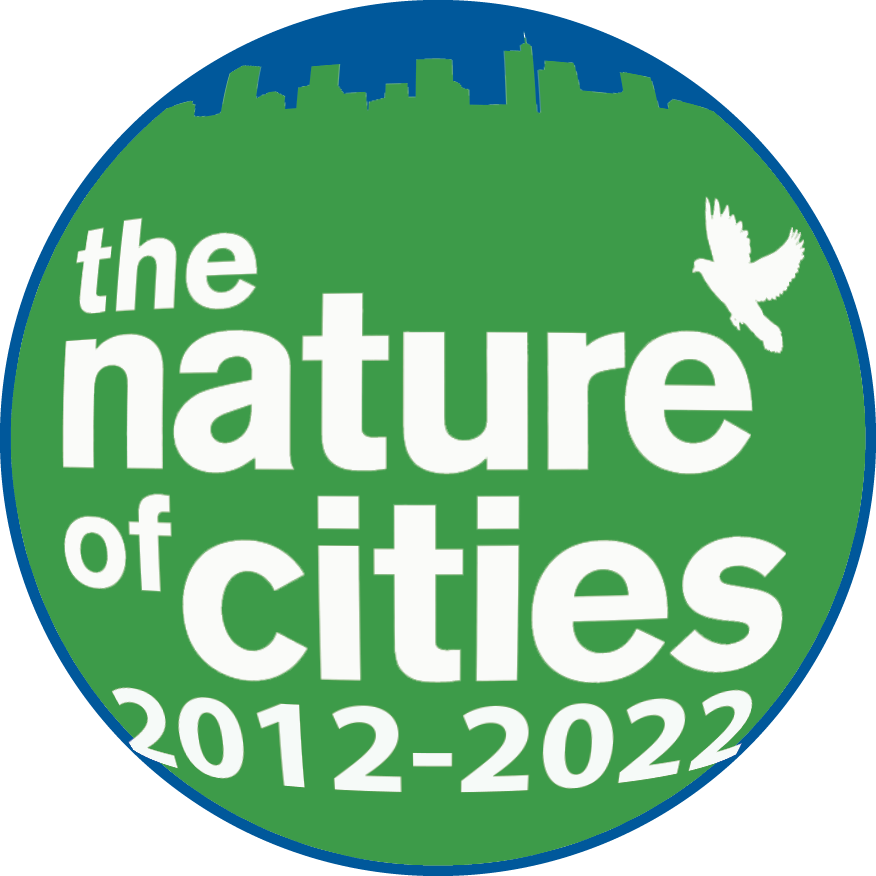
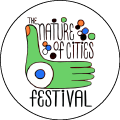
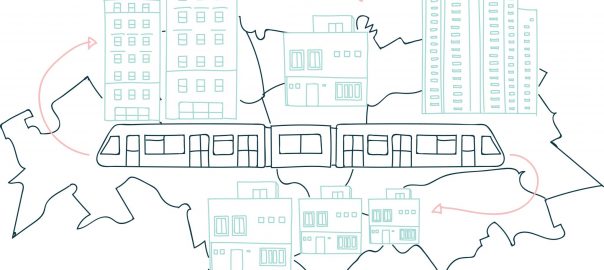



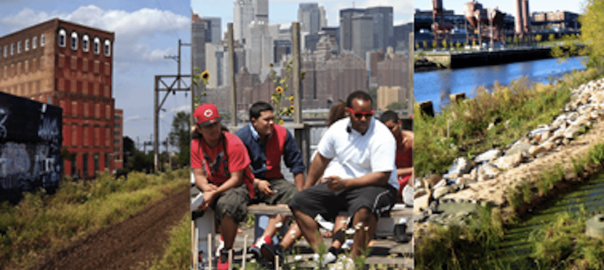
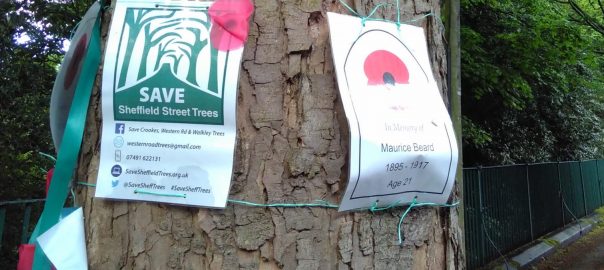


Add a Comment
Join our conversation